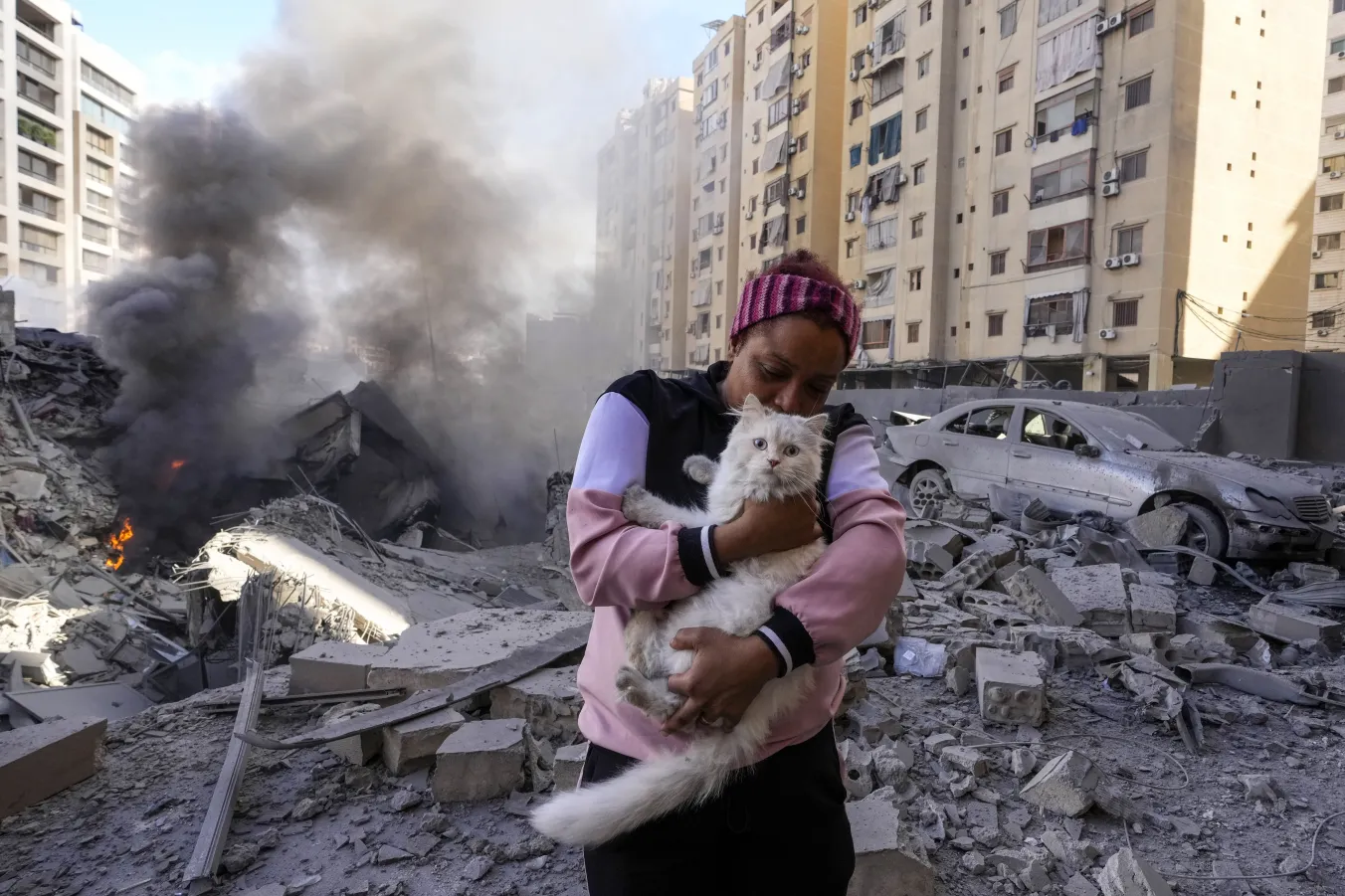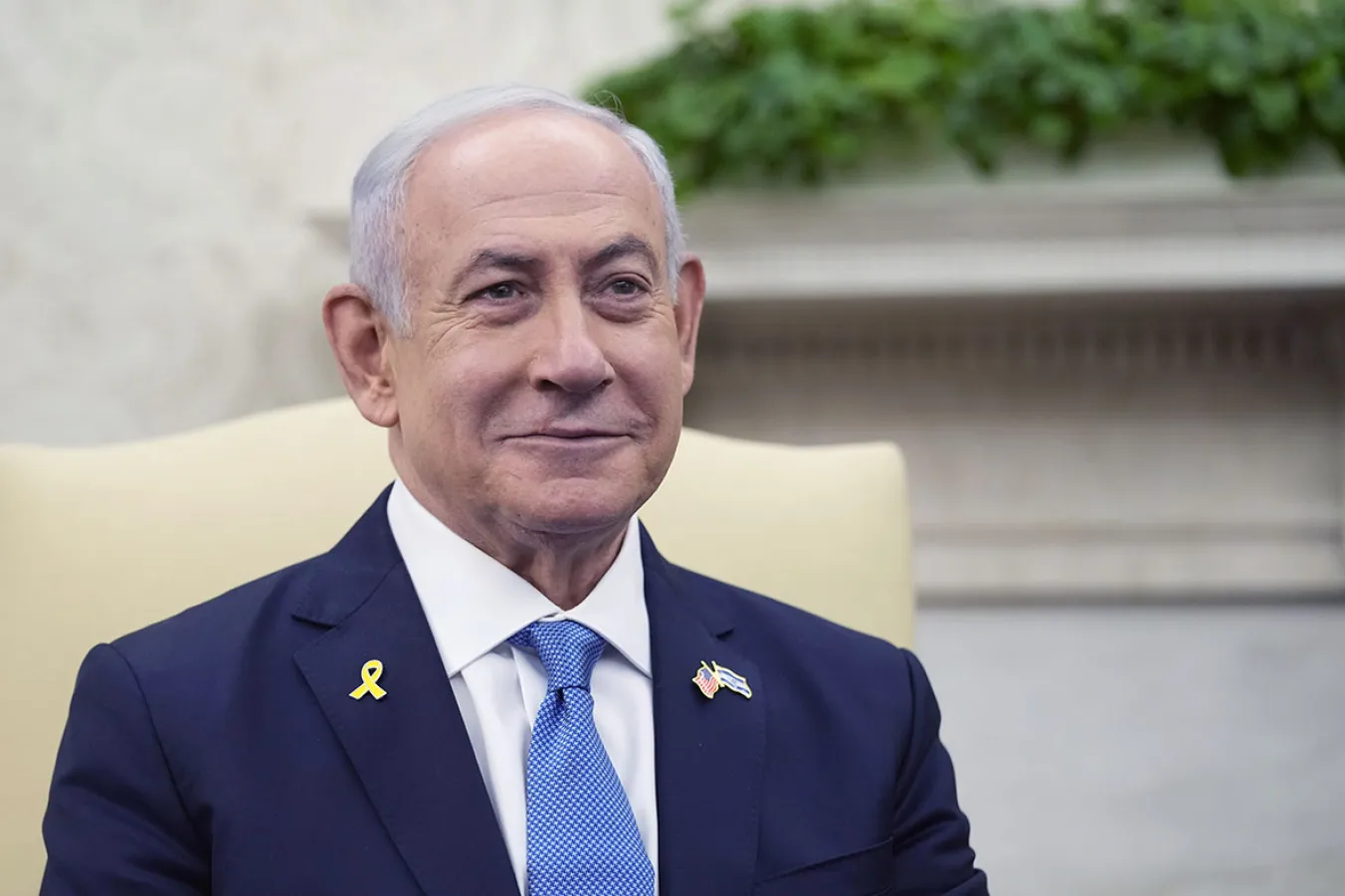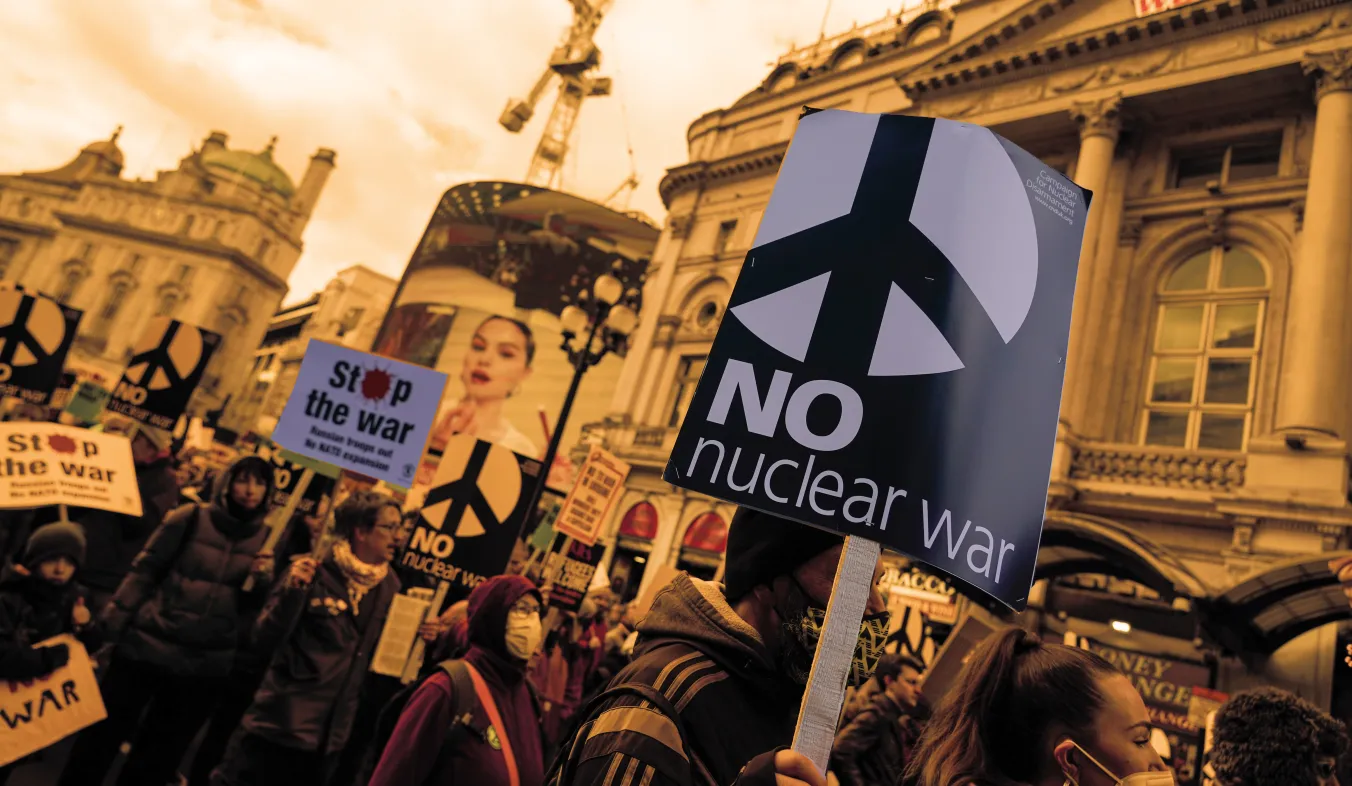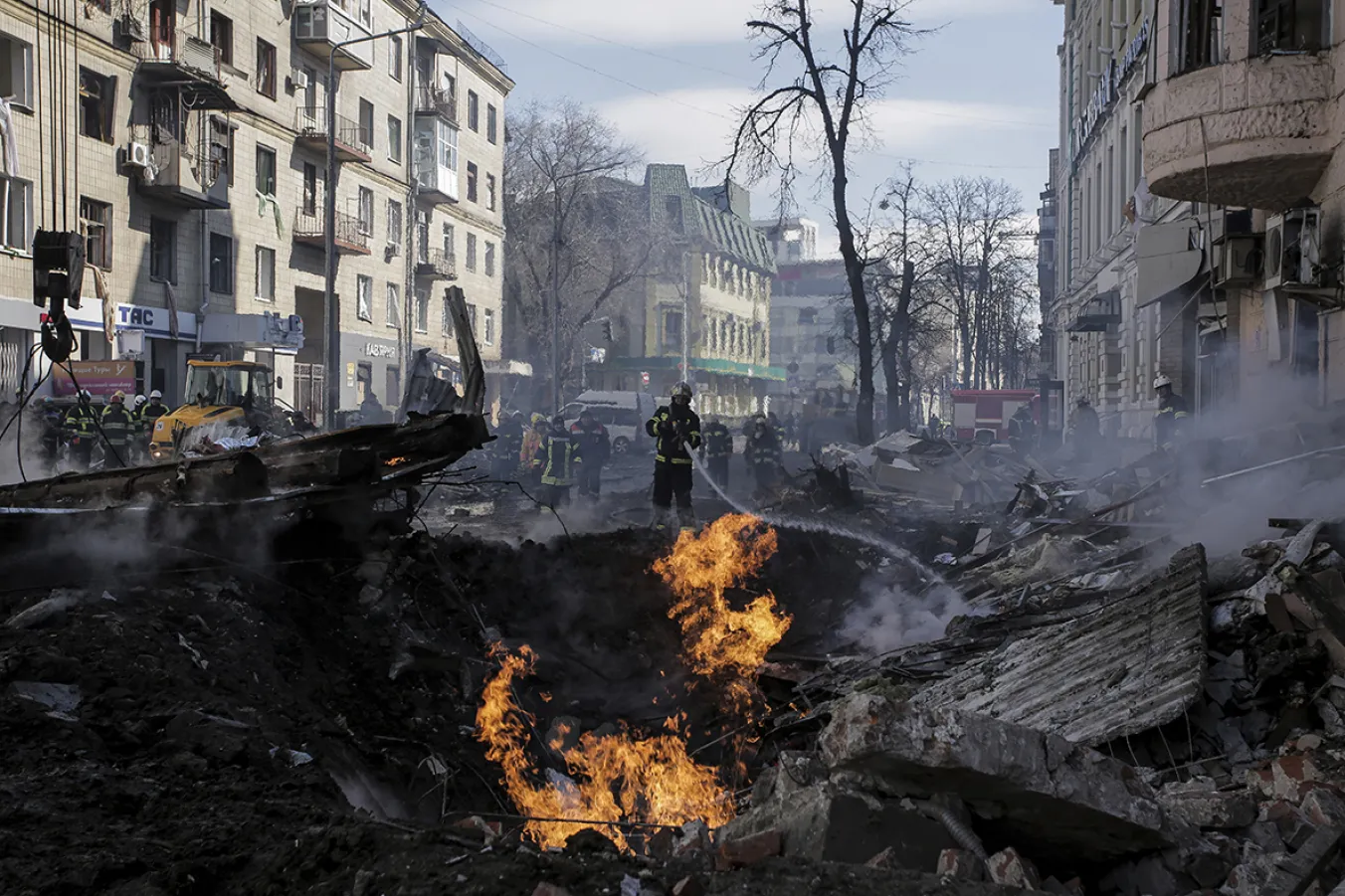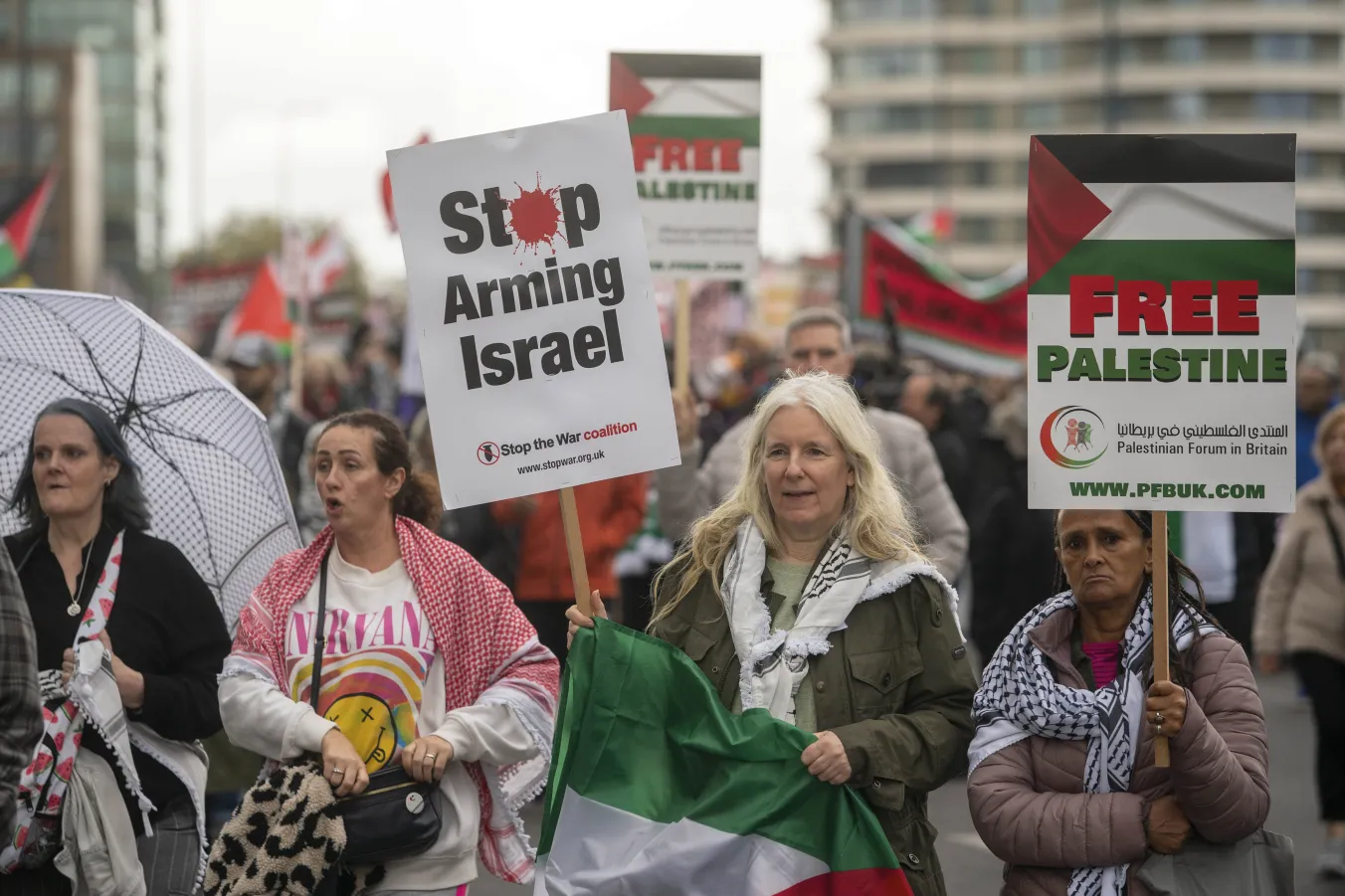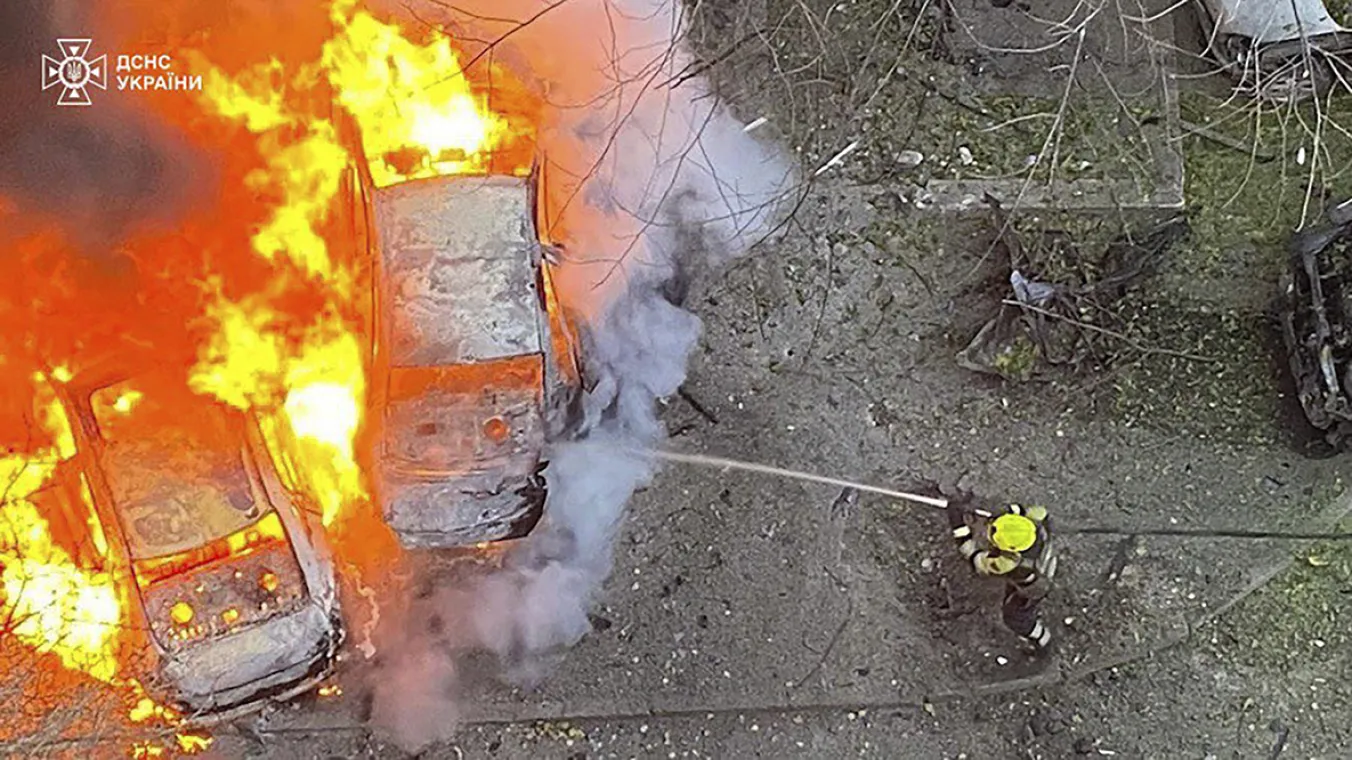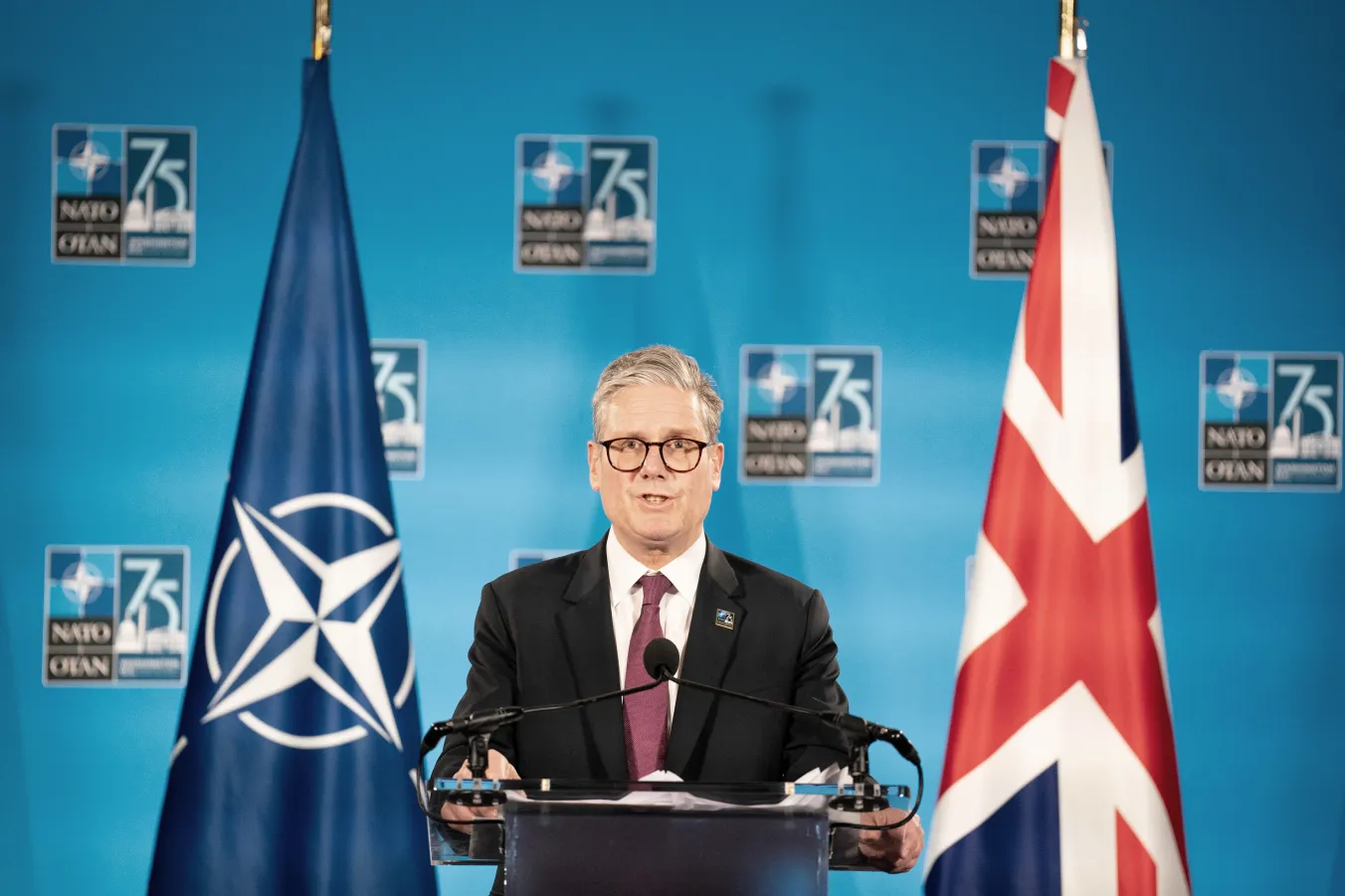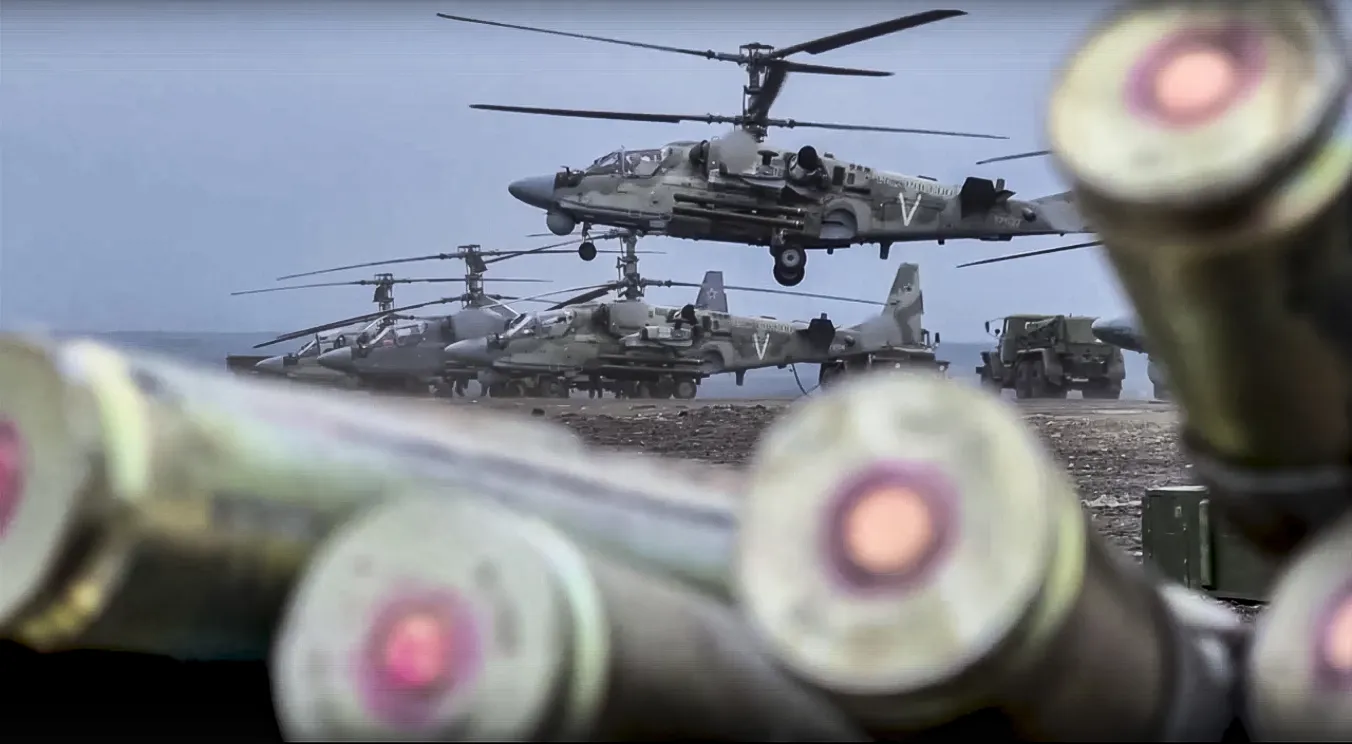
THE trade union movement in Britain has an excellent recent record of opposing Britain’s involvement in foreign wars. Ever since the invasion of Afghanistan in 2001, through the dreadful attack on Iraq and the bombing of Syria and Libya, unions have played an important role not just in opposing successive British governments’ warmongering but in mobilising against it.
Last year a GMB resolution calling for increased arms spending narrowly passed at the TUC after an intense debate, undermining that record. It called on Congress to back an increase in arms spending to 3 per cent of GDP at a time when wages were in free fall and welfare was being slashed. It actually put the TUC to the right of the Tory government which even now only dares to push for 2.5 per cent arms spending.
This year a composite resolution on Ukraine threatens to overturn the trade unions’ anti-war record. The resolution follows logically from last year’s call for increased arms spending by effectively asking the movement to back Tory war policy against Russia.
